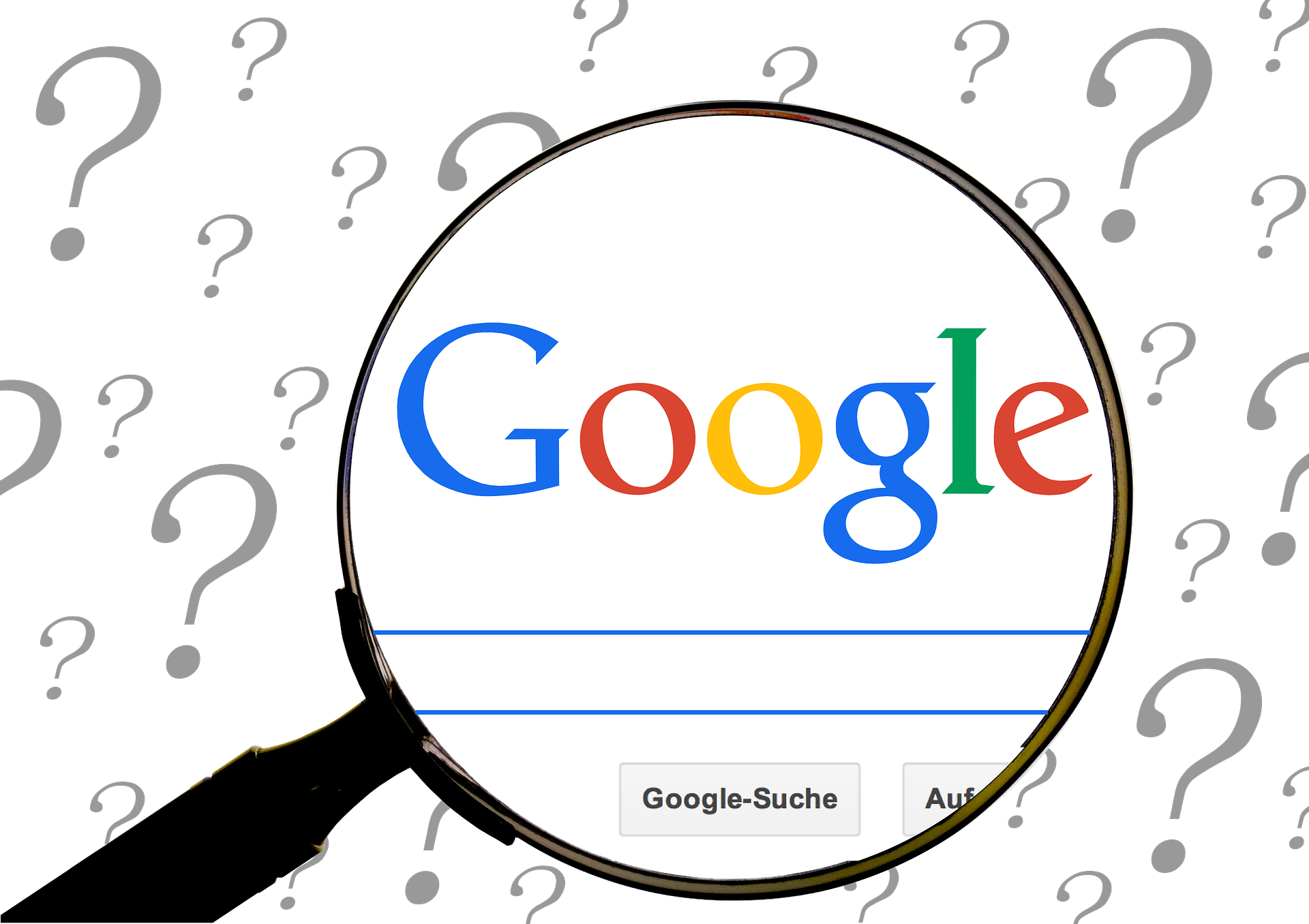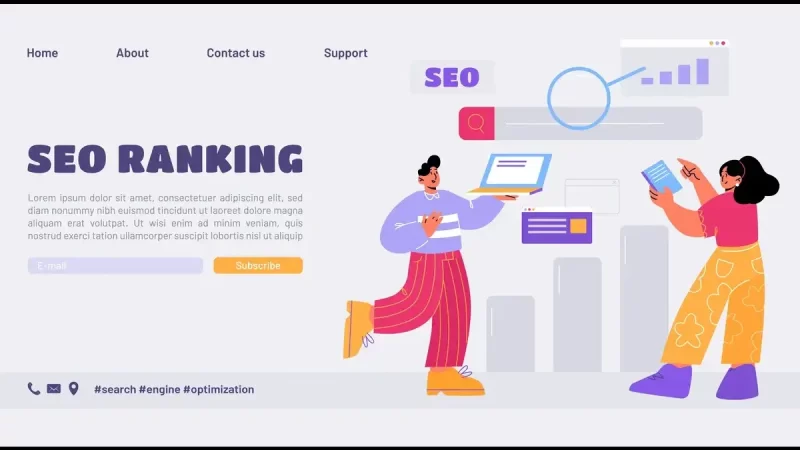Google: “Ask ‘Who, How, and Why’ About Your Content”

As website owners, we all want our content to perform well in search results. However, it’s important to remember that search engine rankings are not the only goal. Ultimately, the success of your website depends on creating content that is helpful and valuable to your audience. That’s why it’s important to evaluate your content in terms of “Who, How, and Why.”
Who Created the Content?
One aspect of content that is often overlooked is authorship. When visitors come to your website, they want to know who created the content they are reading. This helps them to understand the expertise and authority behind the information they are receiving.
To make it clear who created your content, you can include a byline that identifies the author or authors involved. This can be accompanied by further information about the author’s background and areas of expertise. By adding this information, you are aligning with the concepts of E-A-T (Expertise, Authoritativeness, and Trustworthiness) that Google uses to evaluate content.
Here are some who-related questions to ask yourself:
- Is it self-evident to your visitors who authored your content?
- Do pages carry a byline, where one might be expected?
- Do bylines lead to further information about the author or authors involved, giving background about them and the areas they write about?
How Was the Content Created?
The process behind creating content can also be important to visitors. For example, if you are creating product reviews, visitors may want to know how many products were tested, what the test results were, and how the tests were conducted. This information helps to build trust with your audience.
If you are using automation or AI to generate content, it’s important to disclose this to visitors. You should explain how the automation was used, and why it was seen as useful for producing content. By doing so, you are being transparent and helping visitors to understand the value of your content.
Here are some questions to ask yourself:
- Is the use of automation, including AI-generation, self-evident to visitors through disclosures or in other ways?
- Are you providing background about how automation or AI-generation was used to create content?
- Are you explaining why automation or AI was seen as useful to produce content?
Why Was the Content Created?
Perhaps the most important question to ask about your content is why it was created in the first place. If your primary goal is to attract search engine visits, then your content is not aligned with what Google’s ranking systems seek to reward. Instead, you should be creating content that is primarily intended to help people.
When you create content that is useful and valuable to your audience, you are aligning with the concepts of E-A-T and providing a better experience for your visitors. By focusing on the needs of your audience, you will create content that is more likely to perform well in search results.
If you want your content to be successful, it’s important to focus on the people who will be reading it. By evaluating your content in terms of “Who, How, and Why,” you can ensure that you are creating content that is helpful and valuable to your audience. This will help you to build trust with your visitors and perform well in search results.







